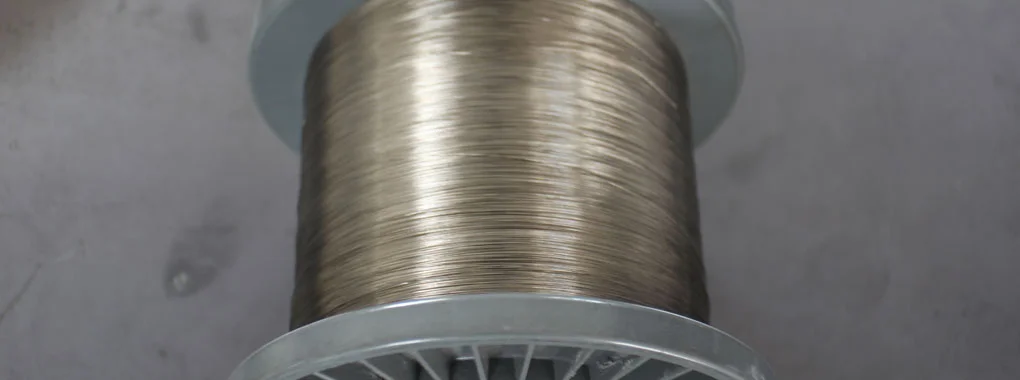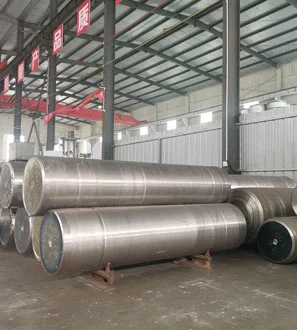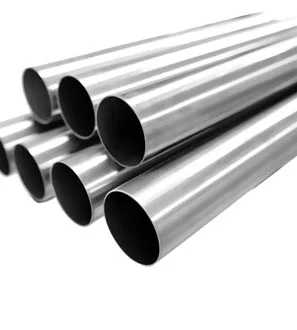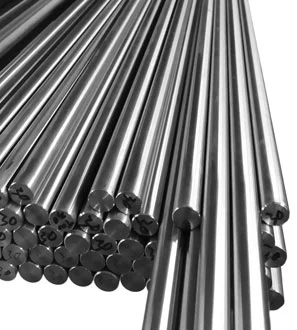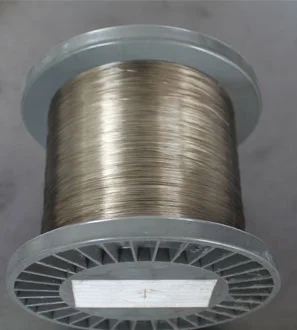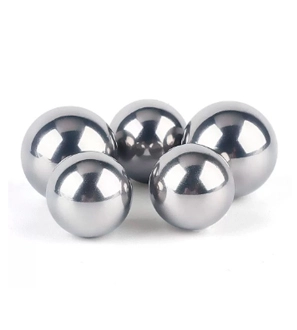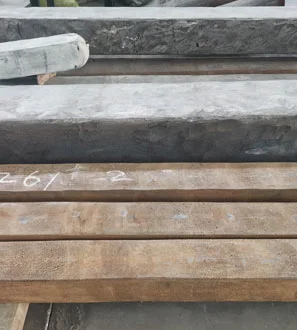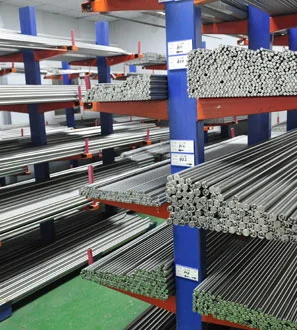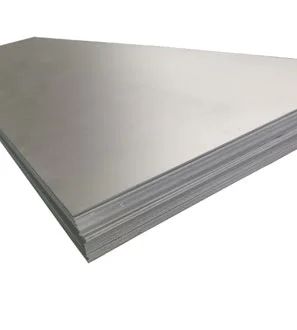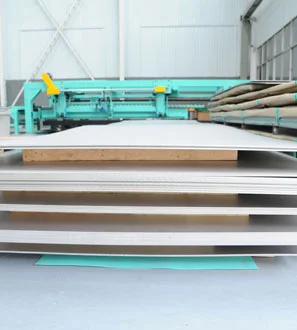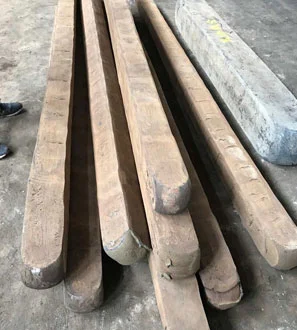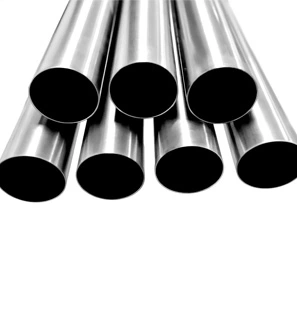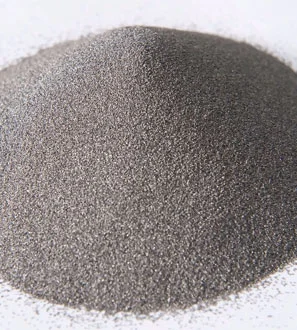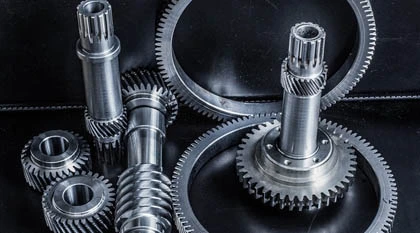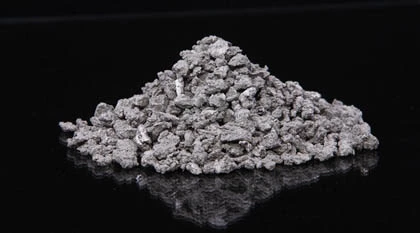Thank you for your
attention ON YESHENG !
Titanium Weld Wire Stock for Sale
Titanium Weld Wire Overview
Made from pure titanium or titanium alloys, Yesheng Titanium Weld Wire is a premium welding wire product. For the aerospace, medical, chemical processing, marine, and automotive industries, these welding wires are frequently used to join different titanium parts and components. The high strength, corrosion resistance, and exceptional welding ability of Yesheng Titanium Weld Wire make it a popular choice. Inquiry competitive titanium welding wire price! Yeshengti is a titanium wire supplier for custom selections, click here for more.
Features of Titanium Weld Wire
-
1
High strength: Titanium weld wire has a very high strength-to-weight ratio, making it an ideal material for many high-performance applications.
-
2
Corrosion resistance: Titanium is highly resistant to corrosion in a wide range of environments, including sea water, acids, and alkaline solutions.
-
3
Low thermal expansion: Titanium has a very low thermal expansion coefficient, leading to excellent dimensional stability.
-
4
High melting point: Titanium has a high melting point, making it suitable for use in applications with high temperatures.
-
5
Good electrical conductivity: Titanium has good electrical conductivity, making it ideal for use in electrical applications.
-
6
Lightweight: Titanium is lightweight, making it suitable for use in applications where weight is a critical factor.
-
7
Biocompatible: Titanium is biocompatible, making it ideal for use in medical implants.
-
8
Non-magnetic: Titanium is non-magnetic, making it ideal for use in applications where magnetic fields must be avoided.
Titanium Weld Wire Specification
| Product Name | Titanium wire |
| Grade | GR1, GR2, GR5, GR5ELI, GR7, GR9, GR12, GR23, Ti-4Al-2V, Ti-4Al-1.5Mn. |
| Size | Diameter 0.02mm-5mm or as your request |
| Standard | ASTM F1341-1999, AMS4951-2003, AMS4954-2003, BS2TA28:1974, GB/T3623-2007, GJB2219-1994, ΓOCT27265-87, JISH4670-1993, DIN17863-1973 |
| Brand Name | Yesheng |
| Application | chemical industry, Aerospace, deep sea, military, medical, etc. |
| Feature | High corrosion resistance, low density, good thermal stability, High strength and light weight. |
| Technics | hot rolled and cold rolled, extruded. |
| Surface | Annealed surface, pickled surface, bright surface. |
| Packing | Export Standard Woodcase |
| MOQ | as your request |
| Payment terms | T/T, Western Union, PayPal. |
| Certificate | ISO 9001:2015; The third test report. |
| Delivery time | 10—25days according to the quantity and process of the product |
| Quality and test | Ingredient testing |
| Price Term: | CIF CNF/CFR FOB Ex-work |
Welding method of titanium welding wire
Welding titanium welding wire is a critical process that demands precision and expertise due to the unique properties of titanium alloys. Several welding methods are available for working with these materials, each with its own advantages and considerations.
Gas tungsten arc welding (GTAW), also known as TIG (tungsten inert gas) welding, is one of the most commonly used methods for welding titanium alloys. It is favored for its ability to produce high-quality welds and its versatility in achieving good results. TIG welding is known for its clean and precise welds, making it a preferred choice in aerospace, medical, and high-performance applications.
Gas metal arc welding (GMAW), or MIG (metal inert gas) welding, is another commonly used method for welding titanium. It is especially suitable for certain situations, such as when high deposition rates are required. This method offers efficiency and ease of use while ensuring strong and reliable welds.
Other methods, like resistance welding, plasma arc welding, and electron beam welding, can also be used for titanium alloys but are relatively limited in their applications.
Additionally, more advanced techniques like laser welding offer benefits in terms of speed and precision, making them suitable for specific requirements.
In summary, the welding method for titanium welding wire is carefully selected based on the specific needs of the application, taking into account factors like material thickness, joint configuration, and the desired weld quality. Each method has its unique strengths, allowing for tailored solutions in various industries, including aerospace, medical, and high-performance manufacturing.
Manufacturing quality certifications for titanium welding wire
Manufacturing quality certifications for titanium welding wire are essential to ensure the reliability and performance of this crucial material in various industries. Titanium welding wire is a vital component used in welding titanium alloys and custom titanium products, and adhering to stringent quality standards is paramount.
Certifications for titanium welding wire manufacturing typically include compliance with industry-recognized standards such as AWS A5.16. This standard specifies the requirements for titanium and titanium alloy welding wire, ensuring that it meets precise composition and quality specifications. The different grades, such as ErTi-2, ErTi-3, ErTi-5, ErTi-7, and Er-12, adhere to these standards, reflecting the specific alloy composition and characteristics suitable for distinct applications.
Quality certifications are a testament to the commitment of manufacturers to maintain consistency and precision in the production of titanium welding wire. These certifications ensure that the material meets the demands of critical industries like aerospace, medical, and high-performance manufacturing, where precision, reliability, and performance are non-negotiable.
Having the appropriate quality certifications guarantees that titanium welding wire aligns with the stringent requirements of industries, reinforcing its value as an indispensable material for welding titanium alloys, and ensuring that it delivers the expected performance and longevity in critical applications.
 English
English  日本語
日本語  한국어
한국어  français
français  Deutsch
Deutsch  русский
русский 
